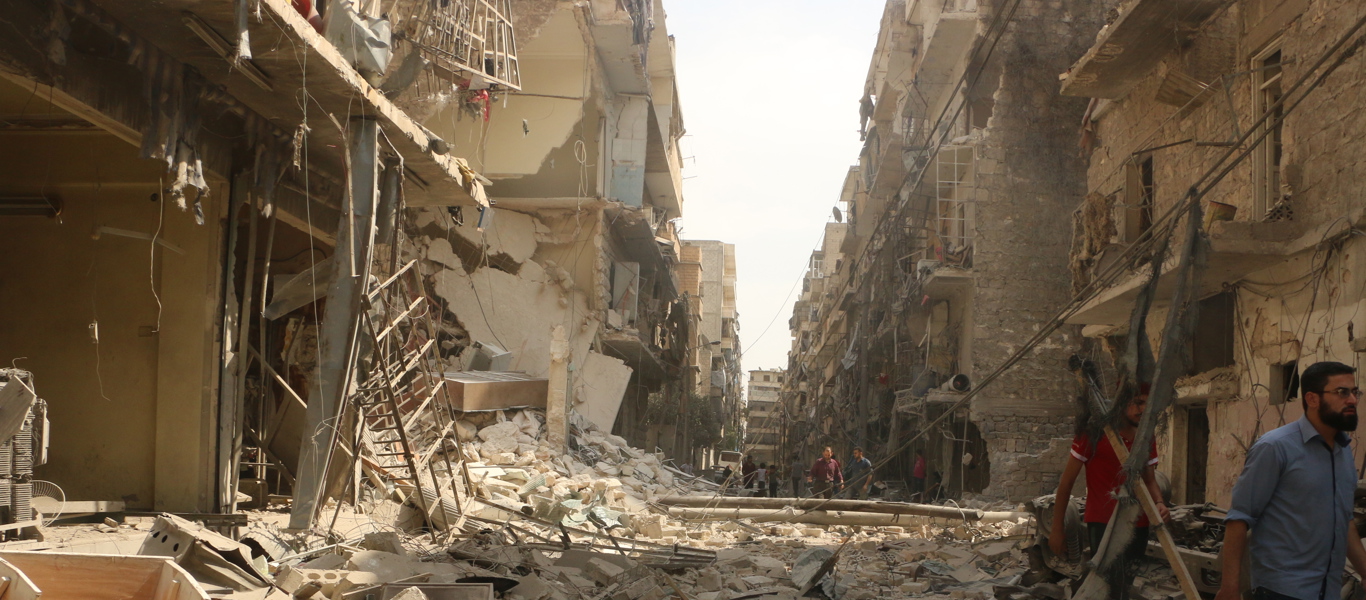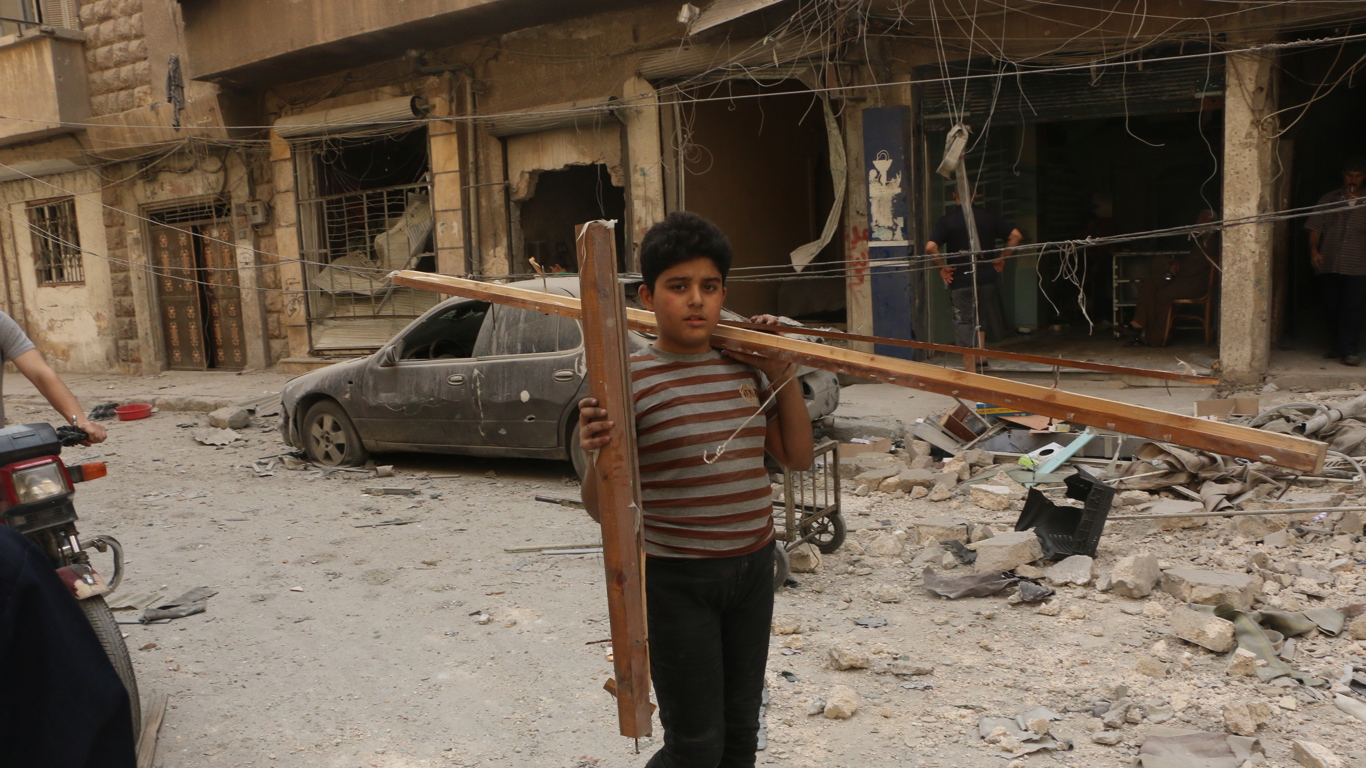
Normalisation of War Crimes in Syria
Today (18/8/21) we publish new research revealing the extent to which war crimes in Syria have become ‘normalised’ - or in other words, accepted as a regular part of everyday life - by the British public.
Although 3 in 5 people in the UK believe that war crimes in Syria are still a regular occurrence, just over half (51%) feel that attacks on civilians in Syria are still deemed as newsworthy. These figures demonstrate that despite the sheer inhumanity that occurs on a regular basis, British society’s interaction with the Syrian conflict is characterised by apathy, with Syria merely viewed as ‘a place where bad things happen’.
The report, entitled ‘A Place Where Bad Things Happen: The public’s normalisation of war crimes in the Syrian conflict’, can be accessed below.
Some key insights
The normalisation of crimes against humanity in Syria can be explained by a multiplicity of factors. One of these factors is frequency. Through our research, we have discovered an inverse (and perverse) relationship between the regularity with which crimes against humanity are reported, and the public’s level of shock and outrage towards them. The more that crimes occur, the less they are taken seriously.
“This, obviously, sends a dangerous message with severe implications to all military actors, in all conflicts: ‘if you want there to be less international outrage about your war crimes, commit more of them.’”
An additional factor is reluctance. Since the 2003 Iraq War, Western populations have been hugely reluctant for their governments to become involved in any conflict which may look like ‘another country’s problem’. Given the intrinsic link between political will and public support, this situation reduces the incentive for governments to put effort into preventing war crimes in Syria.
The various factors at play essentially create a vicious cycle. A lack of political will translates into a lack of external pressure on actors in the conflict to stop committing war crimes. This in turn makes incidents more frequent and less newsworthy, which leads to the public being less informed and therefore less outraged. A lack of outrage equates to a lack of political will, and regrettably, the cycle continues.
Breaking this cycle is key if all Syrians are to be protected. Put simply, people need to care.

